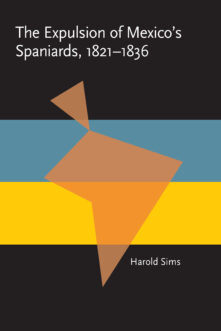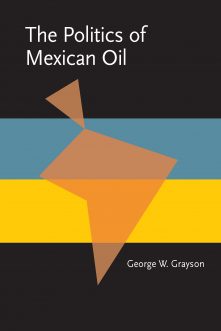History / Latin America / Mexico
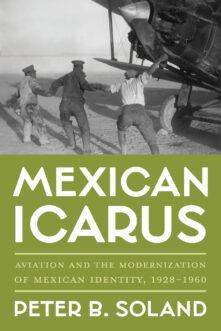
Mexican Icarus
Aviation and the Modernization of Mexican Identity, 1928-1960
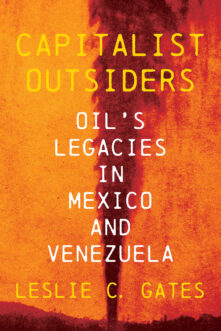
Capitalist Outsiders
Oil's Legacies in Mexico and Venezuela
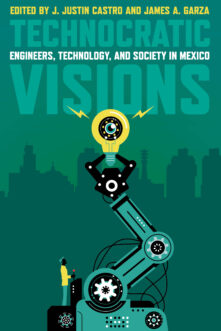
Technocratic Visions
Engineers, Technology, and Society in Mexico
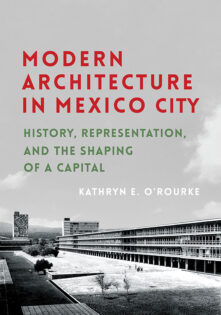
Modern Architecture in Mexico City
History, Representation, and the Shaping of a Capital

Impossible Domesticity
Travels in Mexico

Open Invitation, The
Activist Video, Mexico, and the Politics of Affect
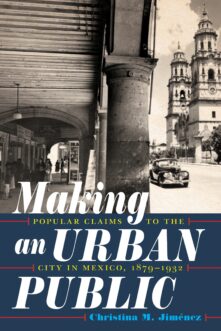
Making an Urban Public
Popular Claims to the City in Mexico, 1879-1932
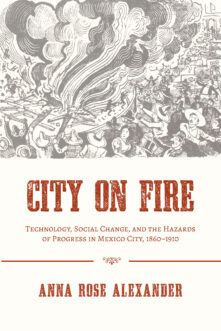
City on Fire
Technology, Social Change, and the Hazards of Progress in Mexico City, 1860-1910
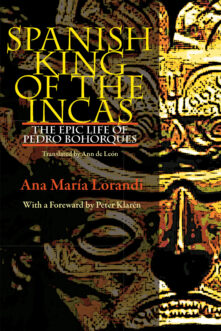
Spanish King Of The Incas
The Epic Life Of Pedro Bohorques
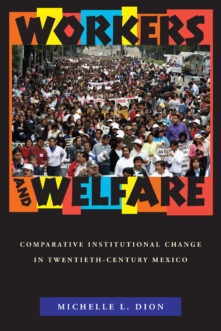
Workers and Welfare
Comparative Institutional Change in Twentieth-Century Mexico
Total 12 results found.


